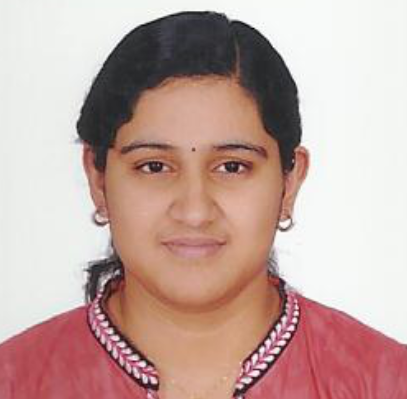A Complete Guide on Comprehensive Genomic Profiling
As we humans evolved for greater good, our diseases also evolved gradually, with more upgrades and more complications. Cancer is one such disease which is increasing alarmingly every day. And management of cancer is the most challenging task for Oncologists all over the world.
Cancer is a disease of our genome. This happens when there are alterations (genetic mutations) in our genome due to a combination of external or internal factors, which in turn function abnormally or lethally. In a fully-grown human body, we have roughly more than 20,000 genes. Genes are the protein-coding part of the DNA which is termed as Exome. All the disease-causing genes reside in our exome and sequencing the whole of the exome will yield an understanding of the disease in a more comprehensive way. This type of sequencing is called Comprehensive Genomic Profiling (CGP), this method is mainly used to determine the genetic make-up of a person, especially during diseases like cancer.
Genome is a supercoiled structure of DNA and it is made up of four bases (ATGC) , a sugar phosphate backbone. The entity of these bases with sugar and phosphate together is known as a ‘Nucleotide’. The sequence of these nucleotides is specific to each organism and form the entire genome of that organism. To determine the order of the nucleotides in our genome by a specialised method is known as genome sequencing. CGP is one such sequencing method, which is as indicated by its name, a comprehensive method of analysing all aspects of the genomic profile of an individual with optimal outcome.
In the course of managing the diseases like cancer, clinicians come across several critical issues that are quite critical and complex to solve, such as insufficient amount of tissue for Biopsy, cancer can sometimes become unresponsive to traditional therapy (develop drug resistance), there could be less treatment scope based on single Biomarker analysis/Sequential Testing, there could be no actionable data for Genomic Signatures (TMB, MSI) for Immunotherapy decision making, and many more.
Sequential testing (IHC, PCR, FISH) of individual markers or disease-causing genes consumes time and lot of tissue and yet may fail to identify relevant alterations, causing delay in the treatment decision making and proper management. Thanks to Next Generation Sequencing-based Comprehensive Genomic Profiling (CGP), with defining genetic landscape along with Genomic Signatures information in a single assay, that are associated with specific cancers, ultimately directing Oncologists to precise personalised treatment (targeted and immuno-therapy) planning for an affected individual with FDA-approved drugs.
Comprehensive Genomic Profiling provides insights into DNA and RNA variants and also on other genomic biomarkers based on the Whole Exome sequencing data. A CGP test for patients with cancer before the start of first‐line chemotherapy might be clinically useful, although more supportive evidence of its effectiveness is yet to be seen.
CGP testing enables the clinician to gather all the relevant guidelines based on all possible alterations and biomarkers identified across many cancer-related genes, in a single assay which will eventually the new horizon to treat their cancer patients with broader therapeutic approaches thus improving their overall survival rate and quality of life.


 Kindly fill the form below to download our Liquid Biopsy Portfolio brochure :
Kindly fill the form below to download our Liquid Biopsy Portfolio brochure :